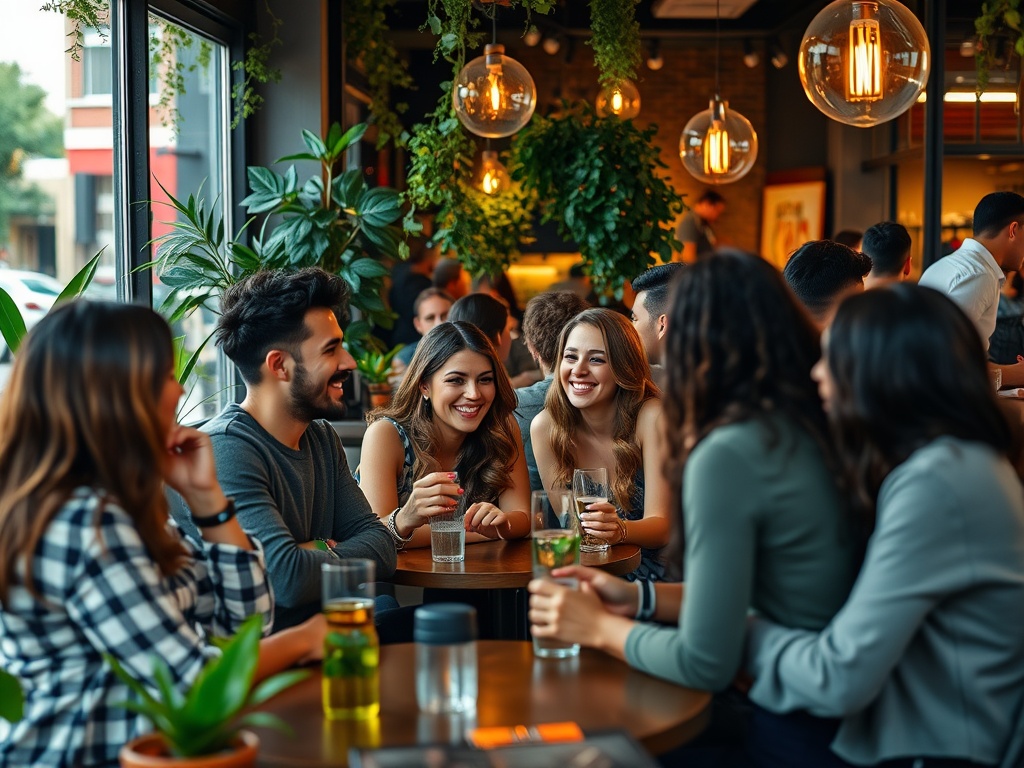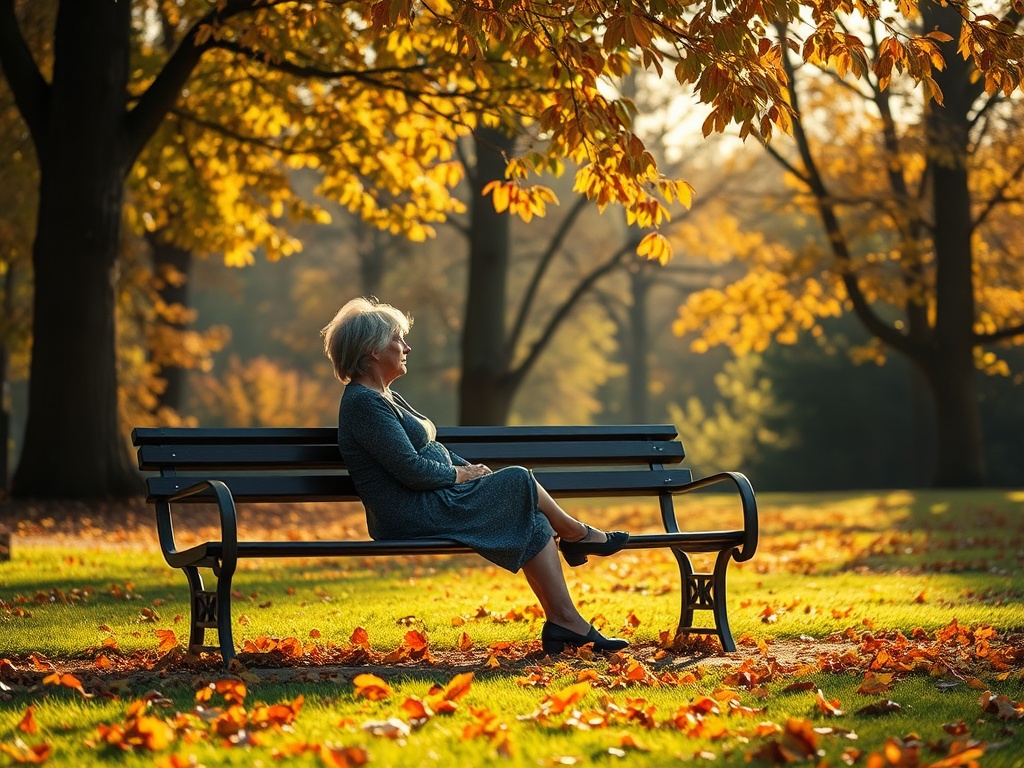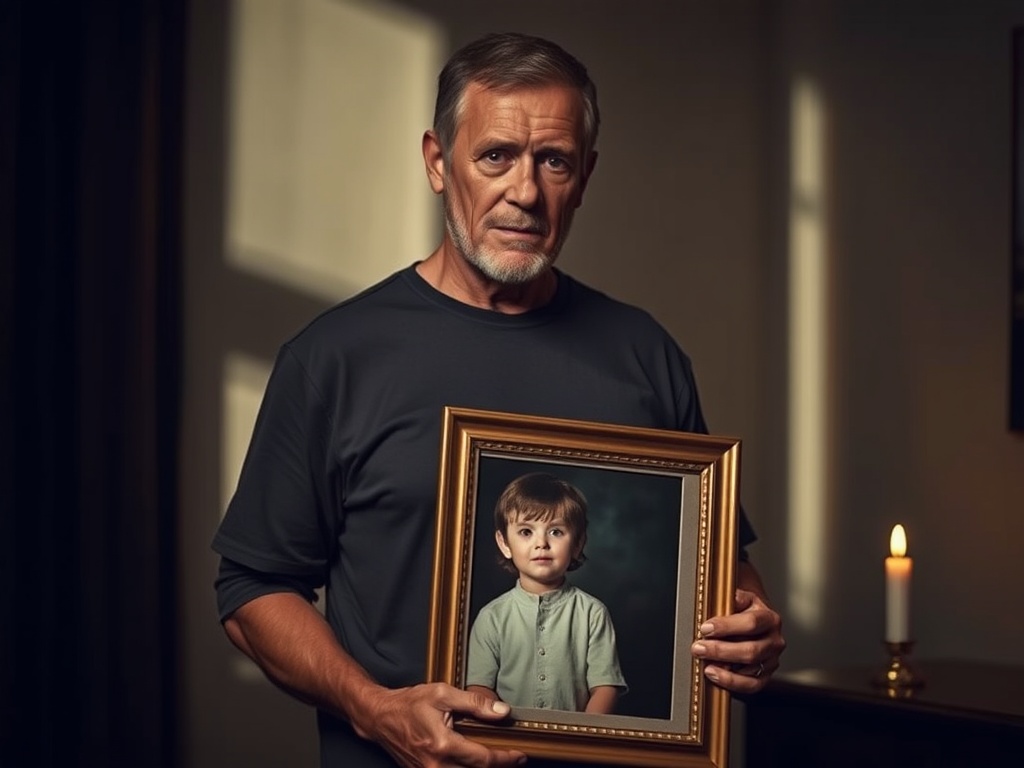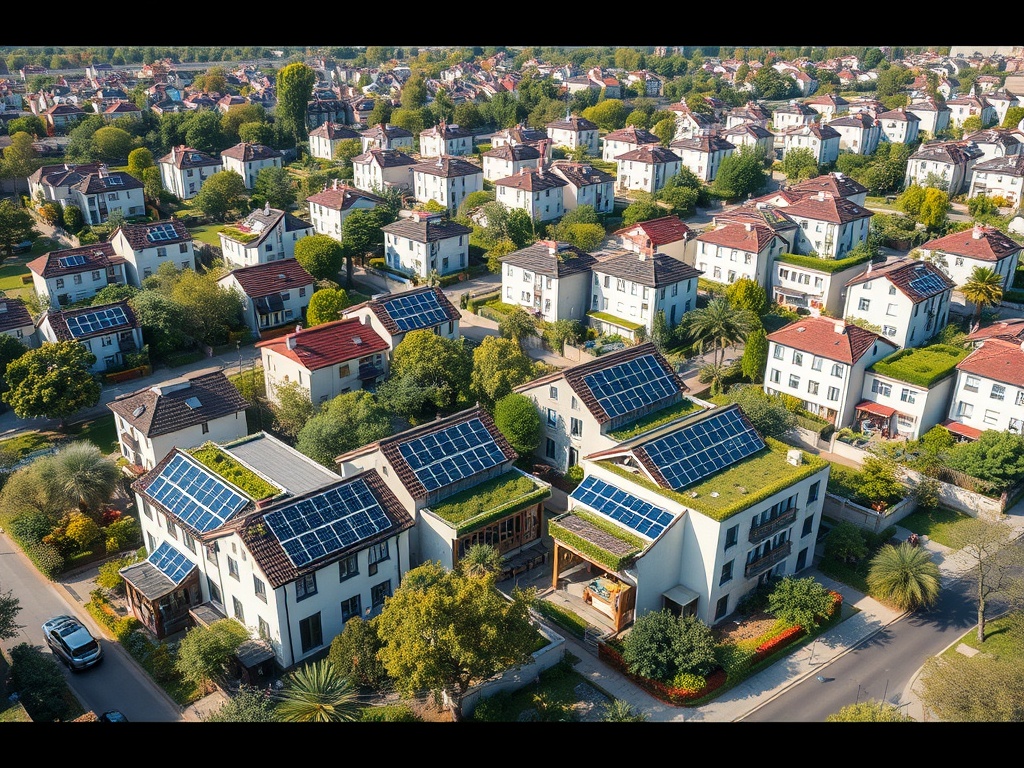The Modern Dating Dilemma
Dating today finds itself grappling with a public relations crisis that rivals that of the younger generation, Gen Z. In just the past week, articles titled “Why are young men so hopeless at dating?”, “Sick of dating apps? Here’s how to quit them,” and “Where is modern love going wrong?” have emerged from Vox, GQ, and Sky News, primarily authored by women and seemingly directed at a female audience.
For the first time, dating apps are witnessing a decline in user engagement. The absurdities of contemporary dating are perhaps best captured by a meme I frequently encounter: “Us girls will seriously text each other, ‘OK I’m about to meet this guy allegedly named Kyle at this location. Here’s his Facebook profile in case he murders me.’ And they reply, ‘OK girl! Have fun!’”
It is undeniable that online dating can lead to a spectrum of negative experiences, ranging from the trivial (he didn’t ask a single question) to the more alarming (he made me feel unsafe). However, is this negativity truly justified? On my 30th birthday last year, I opened my Hinge app and was genuinely surprised to find that men hadn’t vanished from the scene as I had been led to believe upon reaching this milestone. To clarify, I’m not taking a “meninist” stance; rather, I believe there is often more poor behavior exhibited by men in the dating arena than by women. Yet, I can’t help but question whether the narratives surrounding how dating adversely affects women have been exaggerated.
I have certainly played a part in this distortion. There was a time when I felt compelled to screenshot the absurdities I encountered on men’s dating profiles. One man’s response to the prompt “I go crazy for…” was “clean, hygienic people. Sad I have to say that.” I would share these snapshots, anonymized, as humorous anecdotes on my Instagram. Acquaintances would comment, their eyes wide with horror, that my posts provided a glimpse into the horrific world of modern dating. Ironically, I was actually enjoying dating.
Yet, I never shared the moments when I laughed all night with someone, only to agree that we lacked chemistry, or those delightful instances of mutual attraction that were special in their own fleeting way. That would be seen as pretentious, breaking the unspoken code of single woman conduct: you simply cannot admit to having an enjoyable dating experience.
Instagram accounts like @beam_me_up_softboi, where women submit their most outrageous online interactions, have become synonymous with the modern dating experience. We often overlook the fact that these profiles represent exceptions rather than the norm.
I came to realize that my own habit of screenshotting was a defense mechanism. It signified that I found dating ridiculous and that I was above it. By fixating on these absurdities, I mentally distanced myself from the process, missing the opportunity to swipe past profiles that didn’t interest me and on to those that might have. When I learned to temper what I call my “headlights” – my silent search for red or beige flags – I began to uncover qualities like charisma and confidence in the people I was meeting. Instead of feeling disappointed when someone didn’t live up to my expectations, I reminded myself that most people have good intentions. I came to view dating as a giant inflatable obstacle course that we’re all navigating together, an enjoyable challenge in the pursuit of finding a partner.
This is not to oversimplify the complexities of dating with clichés like “you attract what you believe.” However, it’s important to recognize that if you project negativity and anticipation of disappointment, you are unlikely to encounter the best versions of others.
The Impact of Technology on Dating
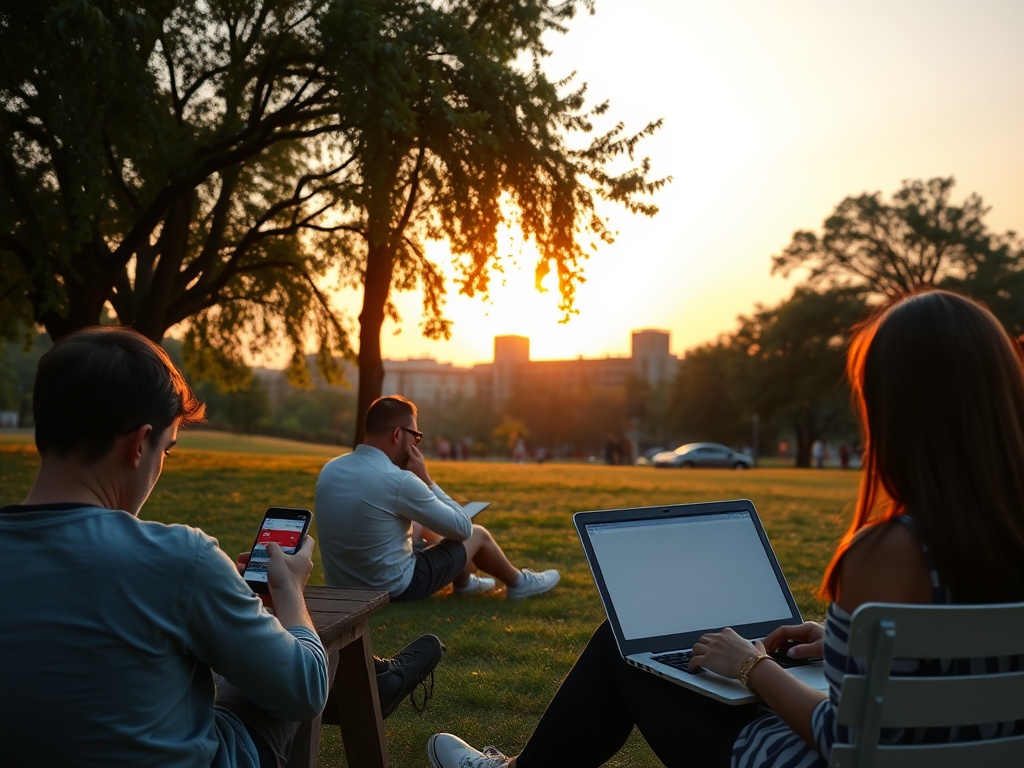
While it’s essential to acknowledge the inherent challenges of dating, it’s also clear that technology has amplified some of the negative aspects that have always existed. It has become easier to treat someone poorly, whether through sending an inappropriate message or ghosting, as many interactions occur with mere avatars rather than real people. Furthermore, the sheer volume of potential matches can dilute the significance of how we treat others, leading to a more cavalier attitude toward rejection.
However, I’ve also found that with more dating experiences, we can become more resilient to these challenges, especially if we adjust our expectations regarding the dating process. There’s a persistent superstition among women that love will come to them without effort – that it happens when it’s meant to. Yet studies indicate that the relationships we form are pivotal for our happiness and overall well-being. My retort to the cliché “it happens when you least expect it” is simply: how are you going to meet someone if you’re always at home?
It’s crucial to recognize that men also endure their fair share of difficulties in the dating landscape, though they tend to share these experiences less frequently. Recently, a meta-analysis of 50 studies revealed that men often long for companionship, fall in love more quickly, and suffer more intensely after breakups. Furthermore, experts have indicated that men’s fear of giving women “the ick” is contributing to a mental health crisis among them. While women may be judged primarily on their appearance, they are generally perceived as more attractive by men than vice versa. Unlike men, women do not have to fear being judged for their height or the potential of losing their hair.
Ultimately, it’s important to contextualize the current dating environment. Previous generations of women often married someone from their local community, frequently for reasons beyond romantic love. With the advent of technology, we now have far more options, making the search for love inherently more complex.
In reflection, I remind myself that my parents and many in my family had arranged marriages. While dating may not be a stroll in the park, I would choose this path time and time again over the alternatives.
